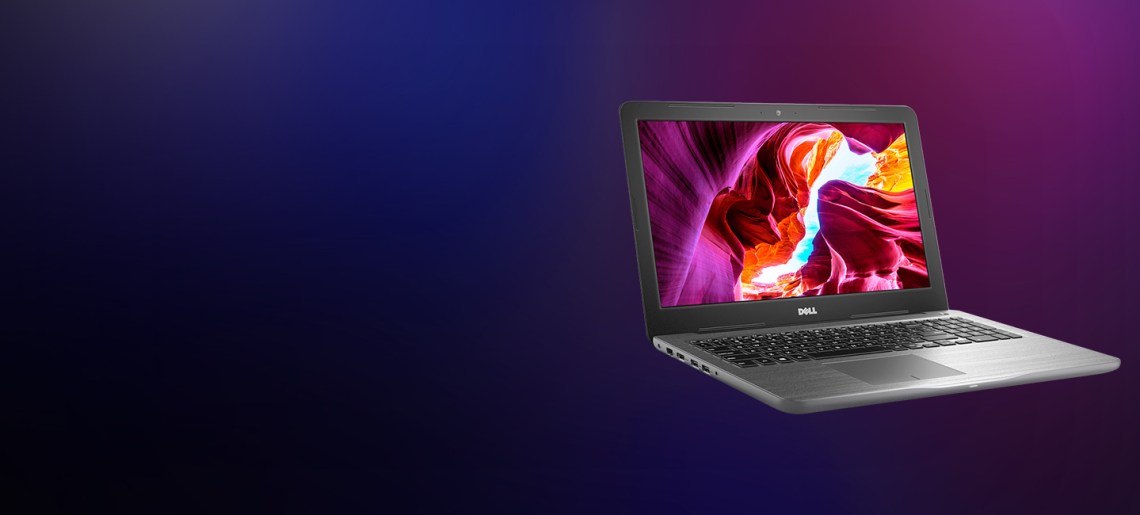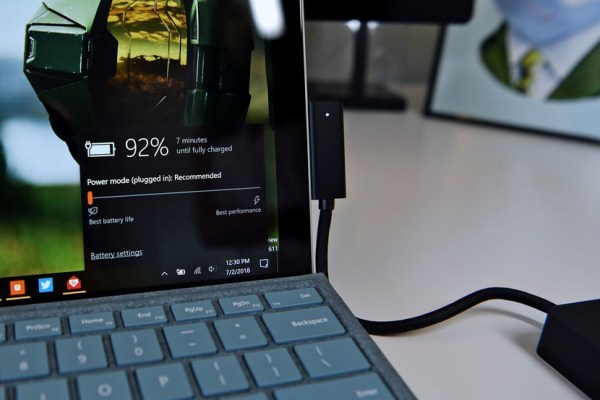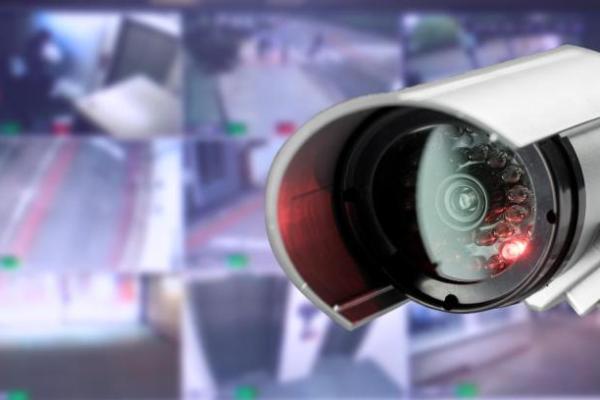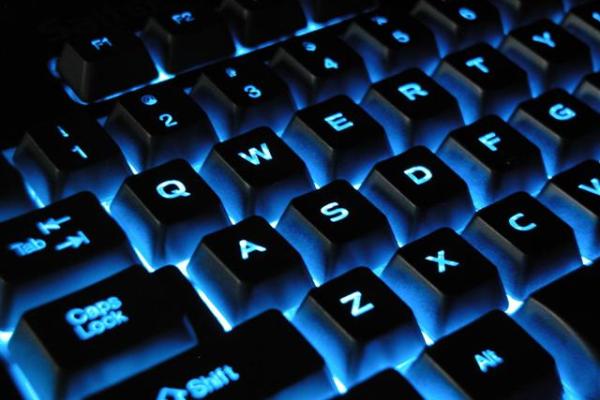Why Choose Us
Who We Are
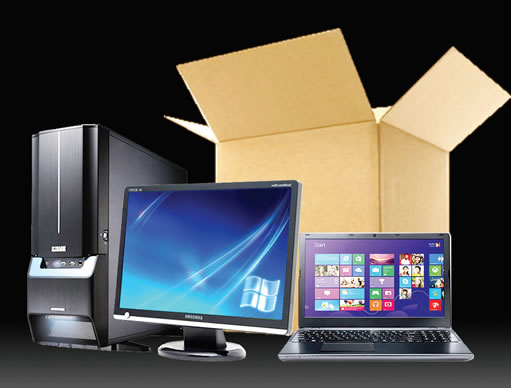
Our Services
Annual Maintenance Contract
Laptop Repair Service
CCTV Camera Installation Service in Kolkata
Desktop Repair Service
Web Page Design
Data Recovery
What Clients Say?
their opinion about the process and the results.
Latest from Our Blog
Laptop Upgrade near Birati
Laptop Upgrade Near Birati: Expert Services at Netlink Computers Netlink Computers is your go-to destination ...
Printer Cartridge Refilling in Birati
Printer Cartridge Refilling in Birati: Affordable and Reliable Service Printers are indispensable tools in homes ...
Cartridge Refilling Services in Birati
Cartridge Refilling Services in Birati: Reliable, Efficient, and Cost-Effective Purchasing a brand-new cartridge can be ...
Multi Brand
Repair & Services
Life without our Pc’s, laptops & printers is just unimaginable! So if these are ailing with hardware or software issues and you are wondering who will fix my PC instantly Our certified experts will resolve them all. From computer repair services, laptop repair services to printer repair services Our expert shall detect all concerns and accomplish everything from software installation to motherboard repair.

